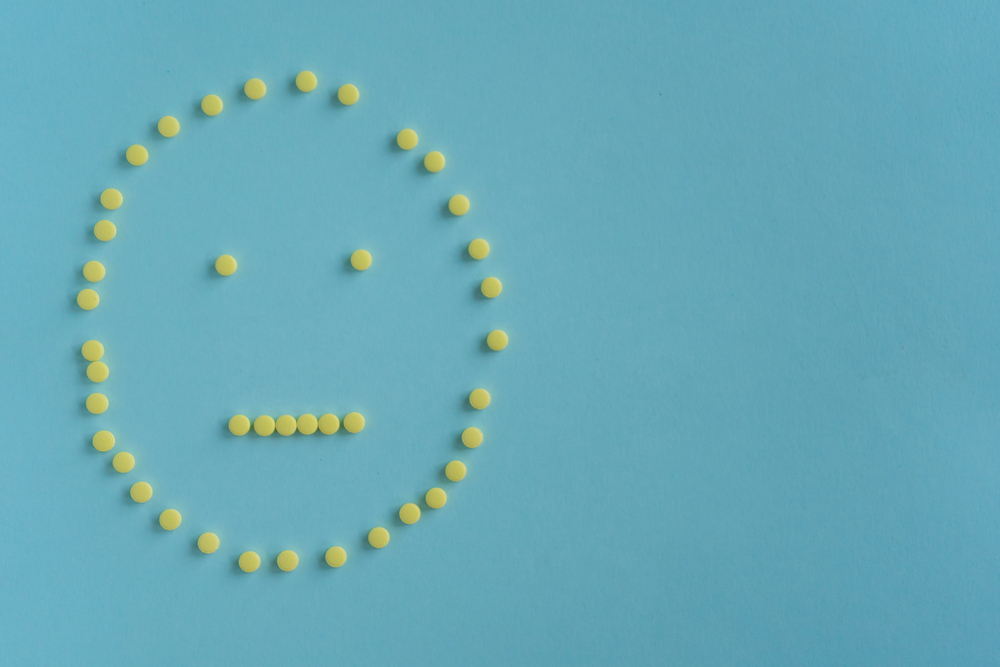A new commentary published in The Journal of the American Board of Family Medicine traces the development of major depressive disorder (MDD) and criticizes the use of drugs as a first-line treatment.
The authors, led by Allen F. Shaughnessy from Tufts University, argue that psychiatry has adopted a “medicine is awesome” outlook as a result of the chemical imbalance hypothesis of depression. This leads to overdiagnosis and overtreatment of MDD with drugs that show questionable effectiveness.
The authors believe service users would benefit from the psy-disciplines adopting a more critical stance towards drugs and a nuanced understanding of depressed mood as both a neurobiological phenomenon and a reaction to social, environmental, and structural factors.
The authors write:
“This relatively new explanation of depression as a neurochemical imbalance leads to the current privileging of pharmacotherapy over other approaches to treatment. However, the pharmacologic effect of these treatments is still speculative. Numerous studies have failed to show a benefit to active treatment greater than that seen with placebo, and most patients will not achieve remission of symptoms despite treatment. This overreliance on medication may reflect a “medicine is awesome” stance that biases clinicians toward medical interventions. A more expansive understanding of depressed mood, one that can and should be discussed with patients, is to understand it as a reaction to one’s psychosocial, political, economic, and physical environment.”















